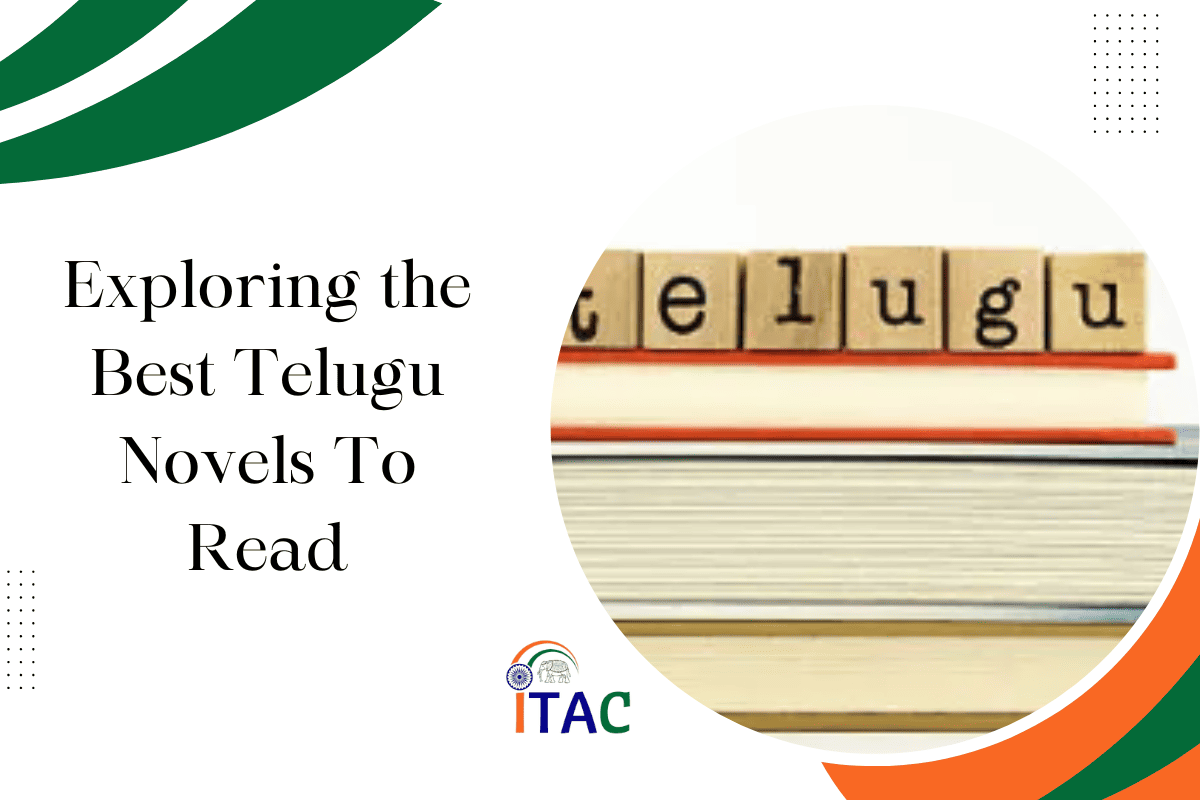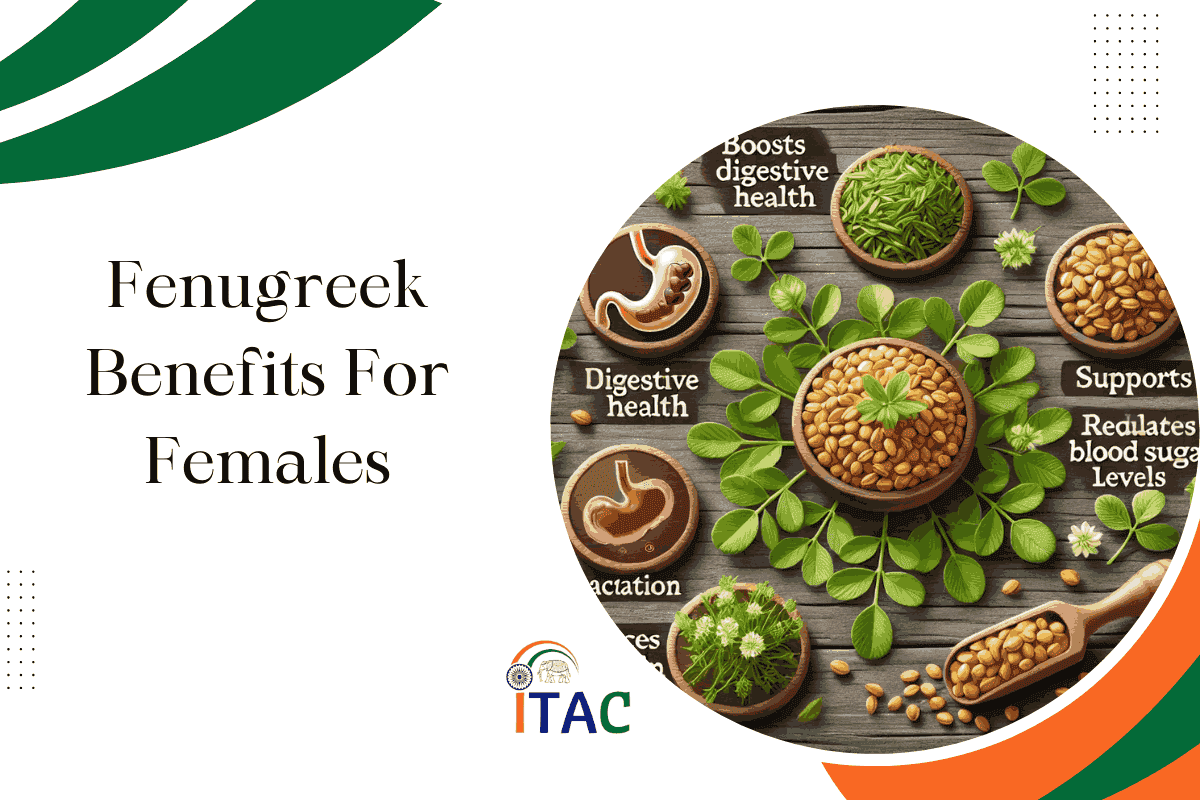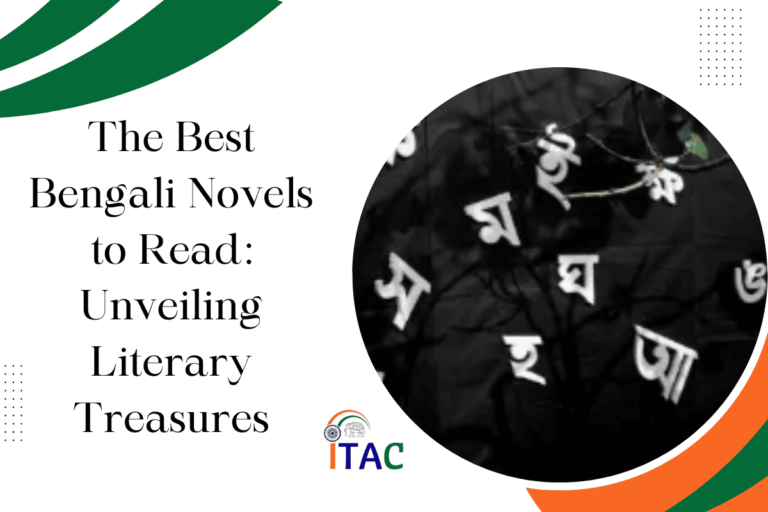Table of Contents
Shayari!
You may have come across a few shayaris in your life as an Indian. Perhaps you heard them from your philosopher friend who imparts tough life lessons, or from a lover trying to add some spice to the relationship, and of course, the most famous ones, from network marketing people. LOL.
Jo Pani Se Nahayega wo libas badlega Meme Template

You have come across this one recently. ROLF!
No matter where you’ve encountered it or secretly read it because you have a fondness for it, we all just love it, right?
Well, I am also enamored with shayari, which is why this blog has come into existence.
I’ve known Urdu since my schooling days, and have been familiar with shayaris and shayars, but my love for it was rekindled when I recently attended Jashn-e-Rekhta.
We all love shayari because it touches our hearts and minds, and brings out subconscious emotions through words.
Shayari, that’s not just fancy words on a page. It’s a way to pour your heart out, your joys, your sorrows, all the things that make you you. It’s been around for centuries, passed down from parents to their kids, a gift from Urdu and Persian cultures.
And guess what? Hindi speakers took to it like ducks to water! They turned it into a beautiful art form, something that speaks to the everyday experiences we all share. So, in this blog, we’re going to dig into some of the best Hindi shayaris out there.
Themes in Hindi Shayari
Hindi Shayari isn’t stuck on just one topic! It’s like a giant box filled with all sorts of ideas and feelings. Here’s what you can find inside:
- Love and heartbreak: Ah, the classic. From butterflies in your stomach to feeling like your heart just shattered, shayaris capture all the ups and downs of love.
- Life lessons: Shayari isn’t just mushy stuff! Sometimes, it makes you think about the bigger picture. What it means to be alive, how to deal with challenges, and all that jazz.
- Social issues: Not everything is sunshine and roses. Shayari can also be a way to speak up about problems in society, make people think critically, and push for change.
The cool thing about shayaris is that they can tackle these big themes in a way that’s both beautiful and relatable. They can make you feel all warm and fuzzy, give you a good dose of “aha!” moments, or even light a fire under you to make the world a better place.
I’ll share some of the best from each theme, however, I might miss the best of other shayaris due to constraints of time and writing capacity.
Now, let’s begin!
Love Shayari:
1. "Ishq ne 'Ghalib' nikamma kar diya, Warna hum bhi aadmi the kaabil." - Ghalib
- Translation:
Love has made me useless,
Otherwise, I was also a capable man.
- Explanation: In this couplet, Ghalib expresses the idea that love can make a person lose their sense of purpose and direction. He says that he has become so consumed by love that he is no longer capable of doing anything else. He has become “nikamma,” or worthless.
2. "Pyaar woh hai jis mein muskurahat hoti hai, har gam mein bhi ek rahat hoti hai." (Love is where there's a smile, even in every sorrow there's comfort.) - Makhdoom Mohiuddin
- Translation:
Love is where there’s a smile,
Even in every sorrow there’s comfort.
- Explanation: This couplet offers a more positive view of love. Mohiuddin says that love can bring joy and happiness, even in the midst of sadness. He suggests that love can provide a sense of comfort and support during difficult times.
3. "Mohabbat karne walon ko yeh jaan lena chaahiye, har shaam andheri hoti hai har shab suhani nahi." - Mirza Ghalib
- Translation:
Those who fall in love should know,
Every evening turns dark,
And not every night is beautiful.
- Explanation: This couplet is a reminder that love is not always easy. Ghalib says that there will be times of sadness and disappointment. He suggests that it is important to be prepared for these challenges when entering into a relationship.
4. "Humne dekha hai baharon mein yeh samaa kitni bar, jab se tumhare didar ki aarzu hai humein." - Faiz Ahmed Faiz
- Translation:
We have seen this spectacle in spring many times,
Ever since we have desired to see you.
- Explanation: This couplet uses the imagery of springtime to express the speaker’s longing for their beloved. Faiz says that he has seen the beauty of spring many times, but it is not until he met his beloved that he truly understood its meaning.
5. "Churaane ko dil hai diwane ka nahin, woh khud hi muskurahat lekar aa jaata hai." - Akhtar
- Translation:
The heart of a lover isn’t meant to be stolen,
It comes itself with a smile.
- Explanation: This couplet expresses the idea that love is a natural and spontaneous emotion. Akhtar says that the heart of a lover is not something that can be forced or taken. It is something that comes freely, and it brings joy and happiness with it.
6. "Ishq mein doobe hue hain hum to yeh samajhate hain, har taraf teri hi parchhaaiyan hain."
– Mirza Ghalib
- Translation: We are so lost in love that we think your shadows are everywhere.
- Explanation: This couplet describes the all-consuming nature of love. Ghalib says that he is so obsessed with his beloved that he sees them everywhere he looks. He even mistakes their shadows for them.
7. "Mere humsafar yeh zindagi hai ek safar hai, saath chalna seekho yeh mulakaat hai pyaar ki."
- Translation:
My companion, this life is a journey,
Learn to walk together,
This is a meeting of love.
- Explanation: This couplet compares life to a journey. Verma says that it is important to have a companion on this journey, someone to walk with us and support us. He suggests that love is the most important thing in life, and it is what makes the journey worthwhile.
8. "Nazron se keh do kuch kehna hai unse, alfaaz bayaan karne se reh jaate hain." - Parveen Shakir
- Translation: Tell your eyes to say something to them, words fail to express.
- Explanation: This couplet captures the power of nonverbal communication in love. Shakir says that sometimes words are simply not enough to express the depth of our feelings. We need to rely on our eyes, our touch, or other gestures to truly communicate with the one we love.
9. "Ulfat ka rog hai ye janab, is mein shifa nahin milti, sirf maza hai." - Mirza Ghalib
- Translation:
Love is a disease, my friend,
There’s no cure for it, just pleasure.
- Explanation: This couplet uses a playful metaphor to describe the all-consuming nature of love. Ghalib compares love to a disease that cannot be cured. However, he suggests that it is a pleasurable disease, one that brings joy and happiness despite its potential for pain.
10. "Woh jo hum mein tum mein qarar tha, ab woh kaun si duniya mein hai." - Mirza Ghalib
- Translation:
The agreement that was between you and me,
In which world is it now?
- Explanation: This couplet can be interpreted in two ways. The first interpretation is about a broken love affair. Ghalib expresses the pain of a broken promise and wonders what happened to the love they once shared. The second interpretation is more universal. It can refer to any broken promise or shattered dream. Ghalib asks where the hope and connection have gone, leaving only a sense of emptiness and loss.
11. "Tere bina zindagi se yeh shikayat hai mujhe, har khushi mein teri kami si mehsoos hoti hai."- Faiz Ahmed Faiz
- Translation:
My complaint with life without you is,
Even in every happiness, your absence is felt.
- Explanation: This couplet expresses the deep sense of loss that can come with heartbreak. Faiz says that even in moments of joy, he feels a sense of incompleteness without his beloved. Their absence casts a shadow over everything.
Heart Break Shayari
"Mohabbat karne walon ko yeh jaan lena chaahiye, har shaam andheri hoti hai har shab suhani nahi." -Mirza Ghalib
- Translation: Those who fall in love should know, every evening turns dark, and not every night is beautiful.
- Explanation: This shayari sets a realistic tone for love, acknowledging the potential for heartbreak and disappointment.
"Churaane ko dil hai diwane ka nahin, woh khud hi muskurahat lekar aa jaata hai, lekin jab tut jaata hai to shor nahin karta, sirf awaaz deta hai." -Akhtar
- Translation: The heart of a lover isn’t meant to be stolen, it comes itself with a smile, but when it breaks, it doesn’t make noise, it just whispers.**
- Explanation: This shayari portrays the silent suffering that heartbreak can bring.
"Tere bina zindagi se yeh shikayat hai mujhe, har khushi mein teri kami si mehsoos hoti hai." - Faiz Ahmed Faiz
- Translation: My complaint with life without you is, even in every happiness, your absence is felt.
- Explanation: This shayari describes the emptiness and incompleteness that follows losing a loved one. Even joy feels tainted by their absence.
"Woh jo hum mein tum mein qarar tha, ab woh kaun si duniya mein hai." -Mirza Ghalib
- Translation: The agreement that was between you and me, in which world is it now?
- Explanation: This shayari reflects on broken promises and the feeling of a shattered world when a relationship ends.
"Ishq mein doobe hue hain hum to yeh samajhate hain, har taraf teri hi parchhaaiyan hain." -Mirza Ghalib
- Translation: We are so lost in love that we think your shadows are everywhere.
- Explanation: This shayari captures the distorted perception of a heartbroken person, who sees reminders of their lost love everywhere.
"Gam hai to kya hai muskuraana seekho, zindagi hai har mod par imtihaan leti hai." - Dushyant Kumar
- Translation: Even if there’s sorrow, learn to smile, life takes tests at every turn.
- Explanation: This shayari offers a message of resilience, urging the heartbroken to find strength and move forward.
"Ashkon se yeh duniya dho di hai maine, phir bhi teri tasveer muddat se nami hai." -Jagjit Singh
- Translation: I have washed the world with my tears, yet your picture remains wet for a long time.
- Explanation: This shayari portrays the lingering pain of heartbreak, where memories continue to evoke sadness.
"Zakhmon ko chhupaana seekho ey dil, duniya barbaad dekhna nahi chahti." - Faiz Ahmed Faiz
- Translation: Learn to hide your wounds, oh heart, the world doesn’t want to see you devastated.
- Explanation: This shayari describes the need to mask one’s heartbreak for the sake of appearances.
"Dil toota hai to kya gham hai, yeh duniya toot jaati hai har pal." - Sahir Ludhianvi
- Translation: What’s the sorrow if the heart breaks, the world breaks every moment.
- Explanation: This shayari offers a philosophical perspective on heartbreak, suggesting that impermanence is a part of life.
"Waqt beet jaata hai par yaadein reh jaati hain, pyaar chala jaata hai par nishanaat reh jaati hain." - Majaz
- Translation: Time passes by but memories remain, love goes away but marks stay behind.
- Explanation: This shayari acknowledges the lasting impact of love, even after a relationship ends. The memories and experiences continue to hold significance.
Life & Inspirational Shayari:
"Khudi ko kar buland itna ki khuda bande se poochhe, Bata teri raza kya hai taqdeer kya hai meri." - Allama Iqbal
- Translation: Elevate yourself so high that God asks His servant, “Tell me, what is your wish? What is my destiny?”
- Explanation: This powerful verse from Iqbal emphasizes self-reliance, potential for human achievement, and the power we hold to shape our own destinies.
"Kabhi aarzu mein jagte hain kabhi khwab mein kho jaate hain, yeh zindagi hai do pal ki bahaar hai."- Mirza Ghalib
- Translation: Sometimes awake in desires, sometimes lost in dreams, this life is a spring of two moments.
- Explanation: This Ghalib shayari reminds us to cherish the fleeting moments of life, both the moments of passionate pursuit and the moments of peaceful dreaming.
"Raat guzarti hai, phir bhi suhani savera aata hai, zindagi mein andhera ho to ummid ka diya jalaata hai." - Sahir Ludhianvi
- Translation: The night passes, but then a beautiful morning comes, even when there’s darkness in life, the lamp of hope illuminates it.
- Explanation: This shayari by Sahir Ludhianvi offers a message of hope. Even in difficult times, there is always light at the end of the tunnel, and hope can guide us through the darkness.
"Girte hain jab log to sehmat dete hain zameen, zindagi jab thokar deti hai to insaan banta hai." - Faiz Ahmed Faiz
- Translation: When people fall, the ground accepts them, it is when life gives us a blow that we become a true human being.
- Explanation: This Faiz Ahmed Faiz shayari suggests that challenges and failures are not setbacks, but opportunities for growth and self-discovery. It’s through overcoming difficulties that we become stronger and more resilient.
"Maysha yeh hai ki har shab suhani ho, Har phool khil kar muskuraaye, Har khwab hakikat ban jaaye." - Firaq Gorakhpuri
- Translation: The desire is that every night be beautiful, Every flower blooms and smiles, Every dream becomes reality.
- Explanation: This Firaq Gorakhpuri shayari expresses a yearning for an ideal life, filled with beauty, joy, and the fulfillment of dreams. It motivates us to strive for a better tomorrow.
So, that’s it for today!
But I’ll be back with some more! Meanwhile you can explore more blogs like this on our website.
Conclusion:
Shayari isn’t just lyrical lines; they’re like tiny windows into people’s hearts. It let you peek inside and see the joy, the sorrow, the love, the doubt – everything that makes us human. Maybe you read a Shayari about a first crush, and it makes you remember your own teenage butterflies. Or maybe you stumble upon one about loss, and a tear rolls down your cheek because it captures exactly how you’re feeling.
The best part? Shayari isn’t just for old-timers. It’s for everyone! Whether you’re just starting to explore poetry or you’ve been a fan for years, there’s always something new to find in this beautiful world of words. So go ahead, pick up a book, or listen to a Shayari performance – you might just be surprised by what you discover!









